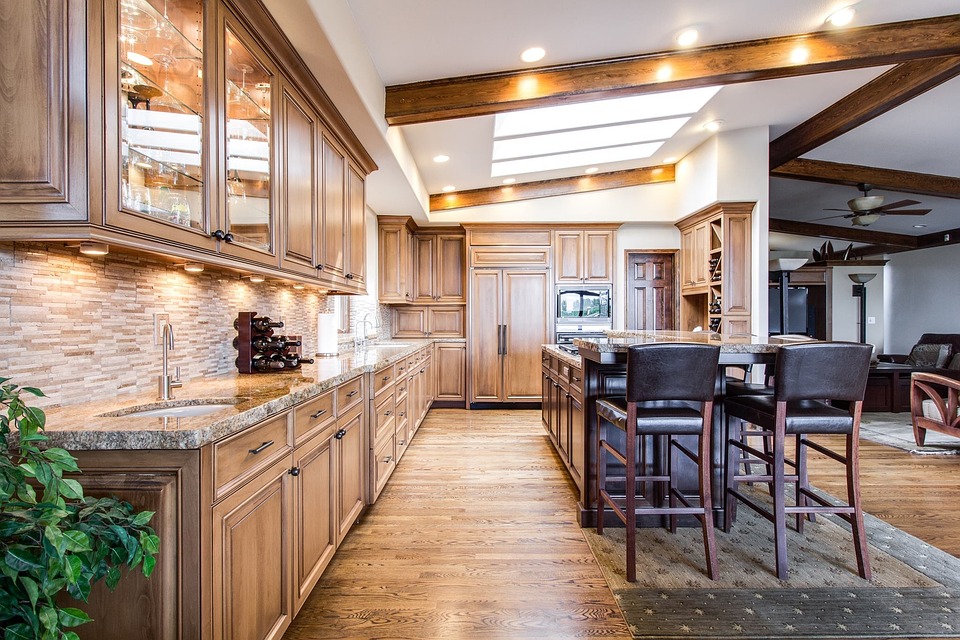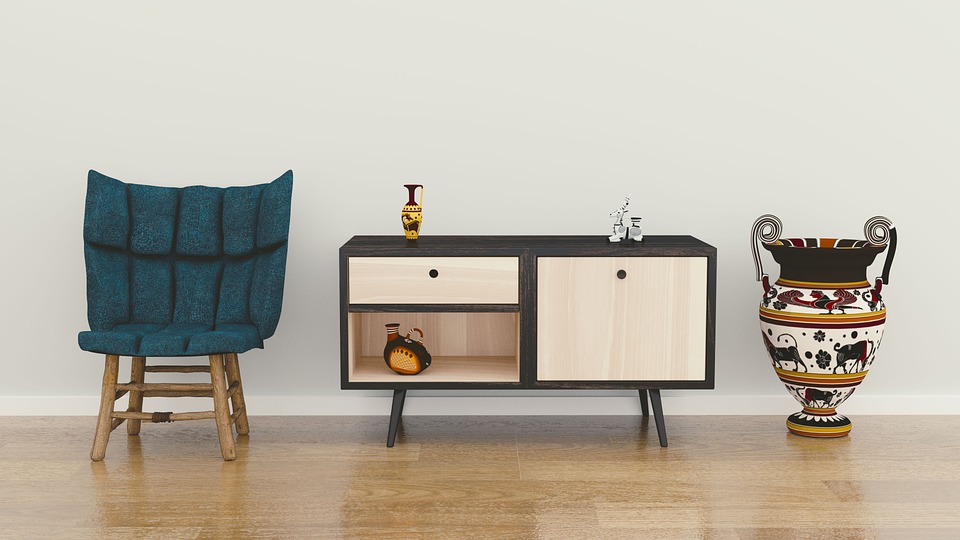Low energy cooking tips for the sustainable home chef
When trying to lead a sustainable lifestyle, cooking can make a big difference to your carbon footprint. Here, Rachael Kiss from the kitchen equipment experts, Alliance Online will show you some low energy cooking tips to make your kitchen more efficient and eco-friendly.
If you are trying to be more eco-friendly in your kitchen, you’ve probably already started to decrease the amount of plastic you buy and organised your recycling, but did you know that you can also lower the amount of energy you use when cooking? This will reduce your carbon footprint as a whole and comes with the bonus of making your energy bill a bit cheaper too.
So, here we’ve brought together some tips to get you started on reducing the amount of energy used when you cook. This way, you can find out how to bring down your energy usage in a way that works with your current routine and cooking methods.
Clean your appliances
Keeping your kitchen appliances clean will help to make them more efficient because leftover food and grime will absorb heat, meaning your appliances will be less efficient. Keeping things clean will ensure your oven, hob, microwave, and slow cooker are all heating the food at their optimum speed, and you are using the minimum amount of energy possible.
As well as the appliances you use to cook, you should be keeping your fridge and freezer clean and de-iced. Any ice that has built up, especially when it reaches ¼ inch or more, will start to make your freezer less efficient, as it will in fact act as insulation for the rest of the appliance. This means that more energy will be needed to keep the temperature of everything below freezing.
Use more energy-efficient appliances
Some appliances in our kitchens use more energy than others, and it might surprise you to discover which ones are the best bet for being more eco-friendly. Microwaves generally use less energy than conventional ovens, so if there are things you can cook using either appliance, then the microwave is the way to go.
Your kettle will also use less energy than boiling water on the hob. So, if you need boiling water for cooking pasta, rice, or anything else, heat it up in the kettle before transferring it to a saucepan. If you do need to boil water in a saucepan, you should make sure to keep the lid on the pan as this will keep the heat in and ensure that less energy needs to be used to heat the water.
You could also consider investing in a slow cooker or utilising an existing one more — they are extremely energy-efficient and many operate using a timer, so you can come back from work to a warm meal that’s been cooking throughout the afternoon.
Consolidate your cooking
If you are used to cooking a new meal every evening, consider consolidating your use of the kitchen by doing batch cooking. This might mean turning the oven on once and cooking a lasagne and a shepherd’s pie at the same time. One can be eaten straight away, and the other placed in the freezer to provide a meal the next night that only needs to be briefly heated up. You can also bake batches of bread and muffins over the weekend to ensure you have snacks throughout the week without needing to use the oven more.
When taking your frozen portions out to eat, it’s useful to take them out the night before you are going to eat them. This way you can place them in the fridge to gradually defrost in preparation for you to heat them up later — this means they will both taste better and use even less energy to cook.
Measure your ingredients
You might not realise the difference measuring your ingredients can make to your energy usage, but it can actually contribute significantly. Make sure you are only cooking the amount of each ingredient you actually need for your meal, rather than just estimating how much you should be using. This ensures you are only consuming the amount of energy you really need, and as an added bonus, it will also help to mitigate food waste, which is also a great thing to do for the planet.
Using recipes rather than improvising when cooking can really help in ensuring you only use the energy you need to create a dish. When we improvise in the kitchen, it’s a lot easier to measure out meal components in a less exact way, and we end up using both more food and more cooking time than we need.
Choose your cookware carefully
Surprisingly, the cookware we use can actually make a difference in how much energy we use when cooking as well. Steamers are a great way to cook things more efficiently — you can of course steam food such as vegetables in a colander atop a saucepan, but using a purpose-built steamer is far more efficient and will cook everything more evenly too.
Using ceramic or glass dishes when cooking things in the oven will also help to reduce your carbon footprint, as these materials retain heat better than metal baking trays and pots. This means they can cook things in less time, without turning up the temperature of your oven. They will also make serving your dishes a more pleasant experience, as they will stay hot for longer while all your guests take a portion.
Keeping your cookware updated and replaced where necessary is a good call too, as devices can become less efficient over time and end up using more energy than when they were in perfect condition.
Finding ways to keep your energy usage as low as possible in the kitchen can be confusing, but you can use these tips to give you a start in making sure that your cooking is as efficient as possible. That way, you can create delicious meals for all the family while also making sure that you are being kind to the planet.
Source: yougen.co.uk











